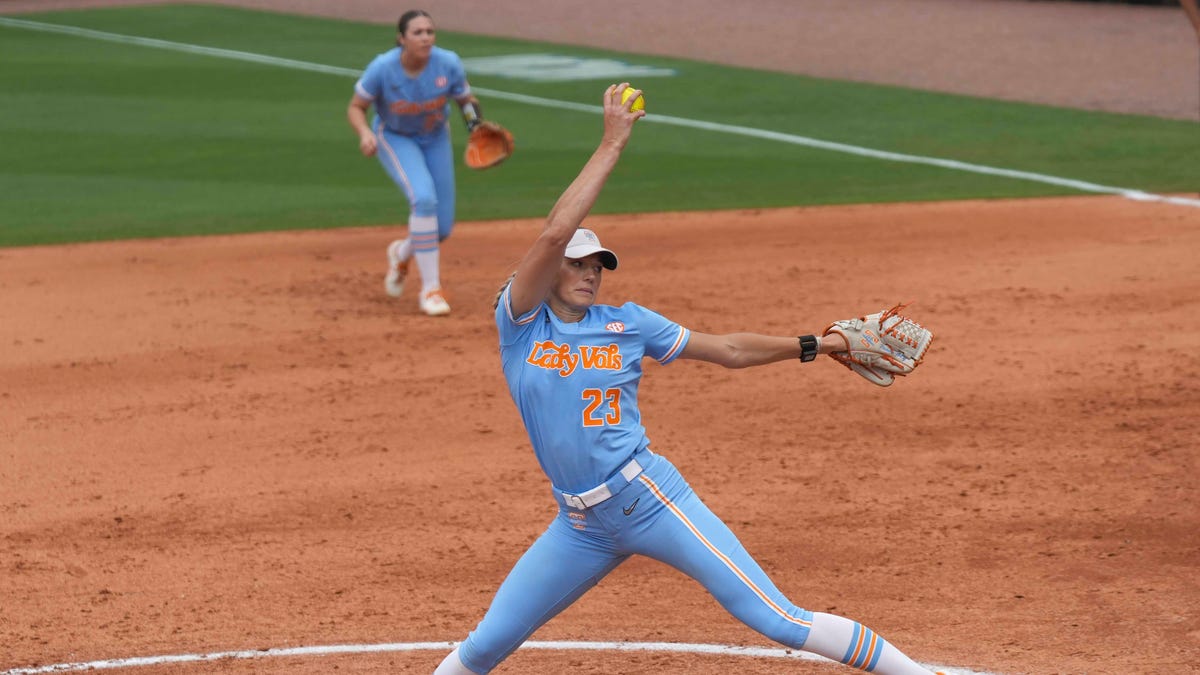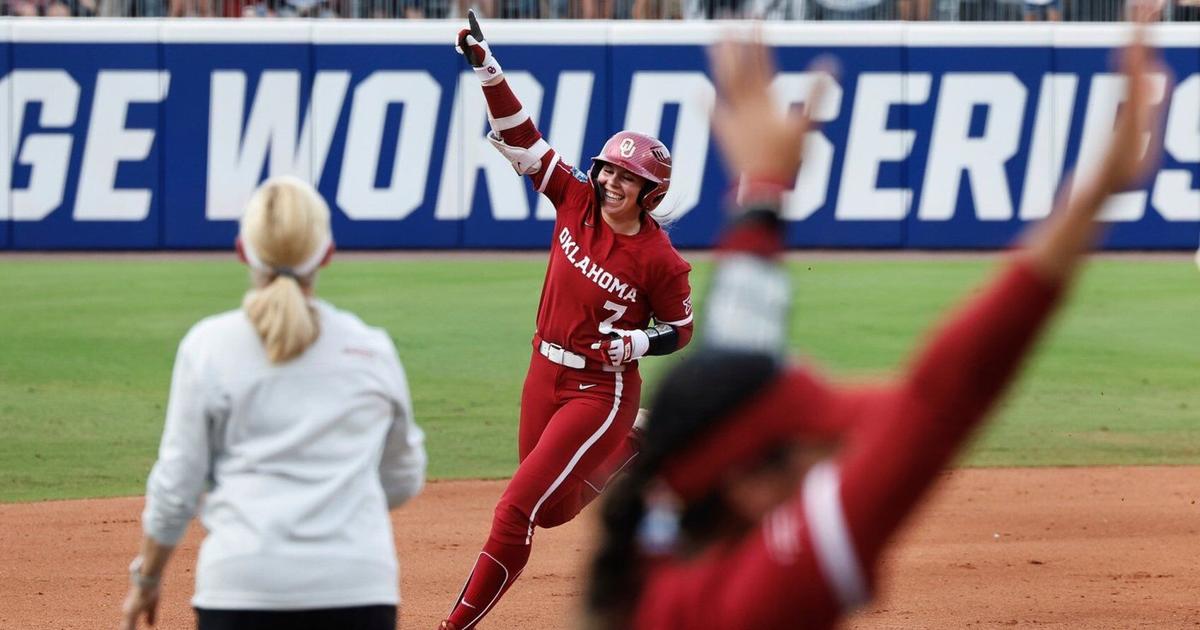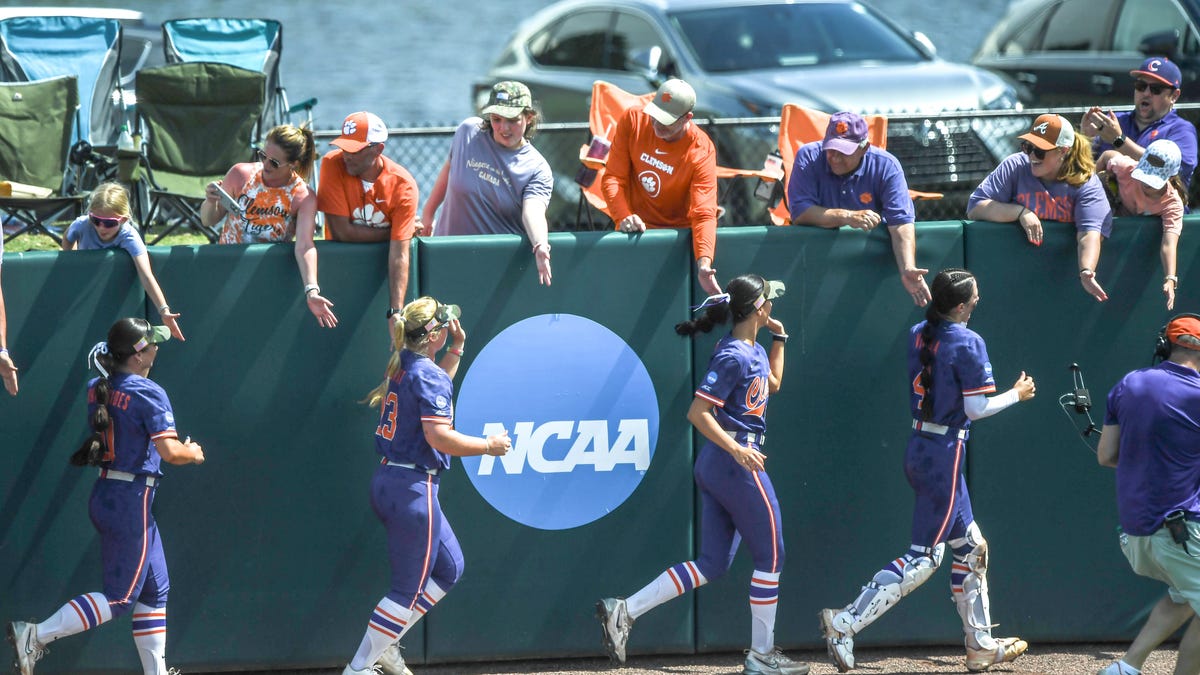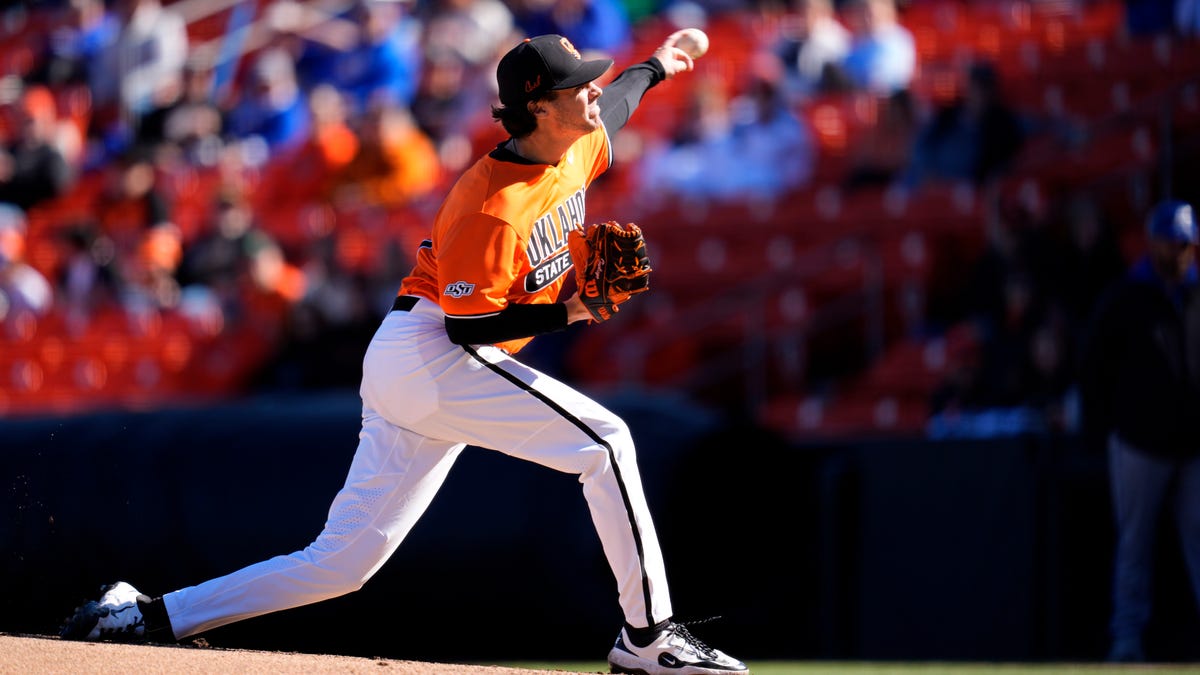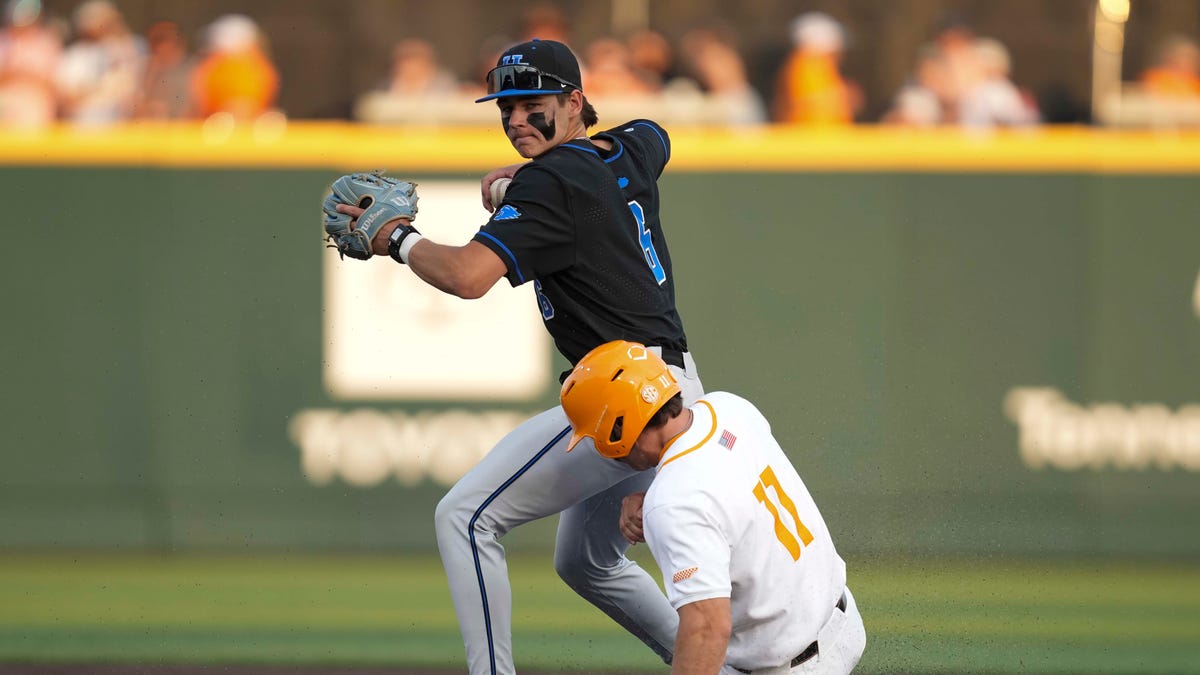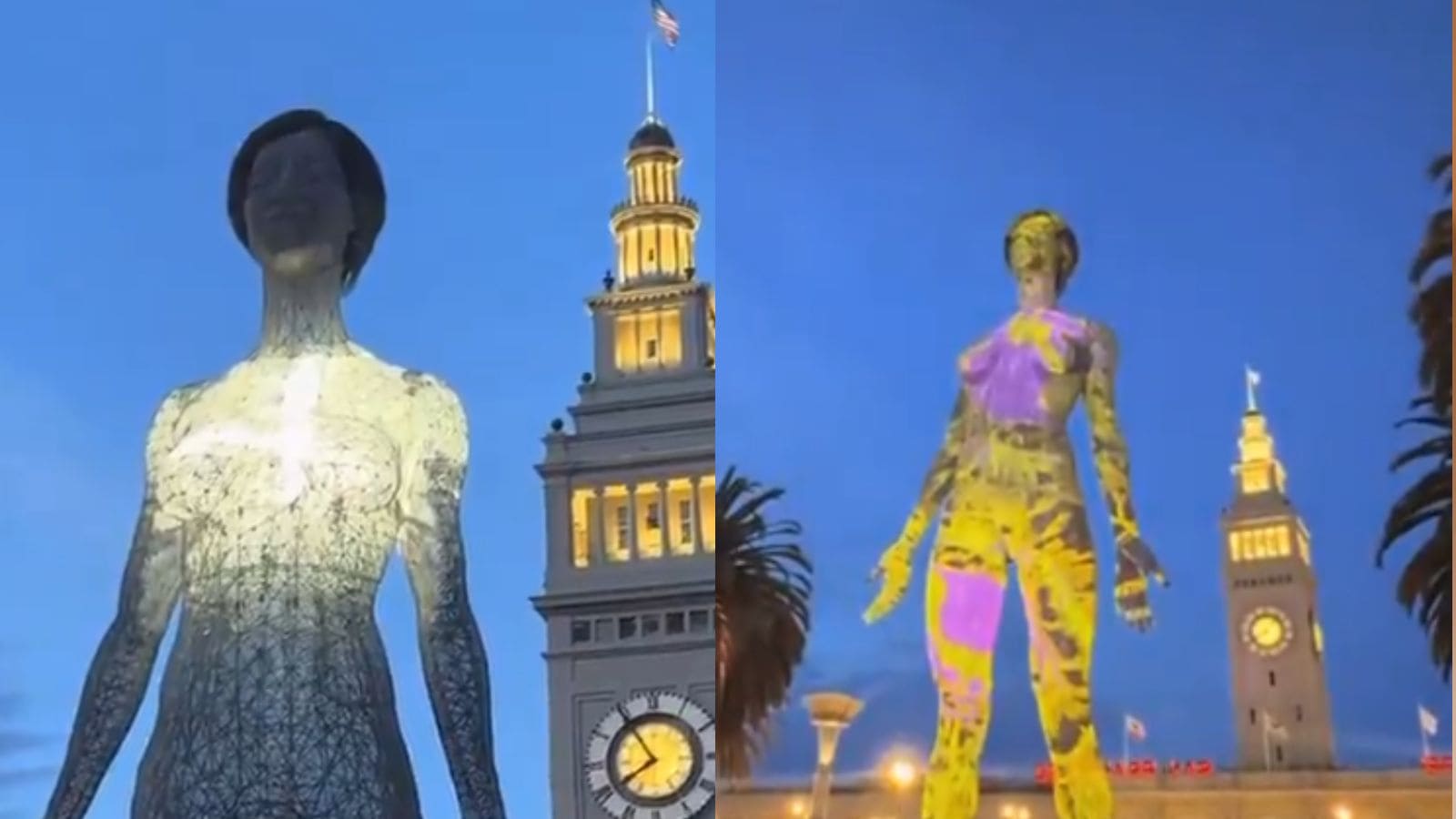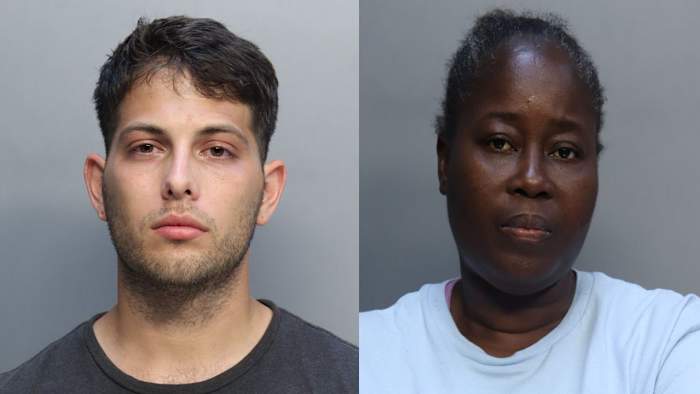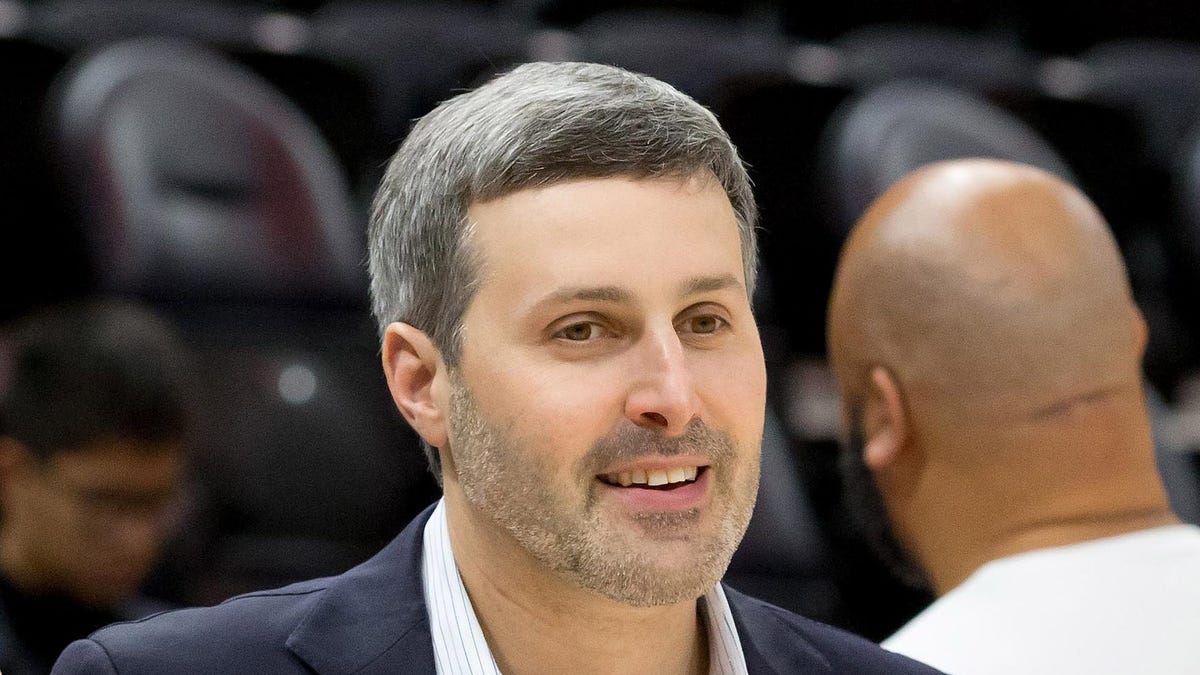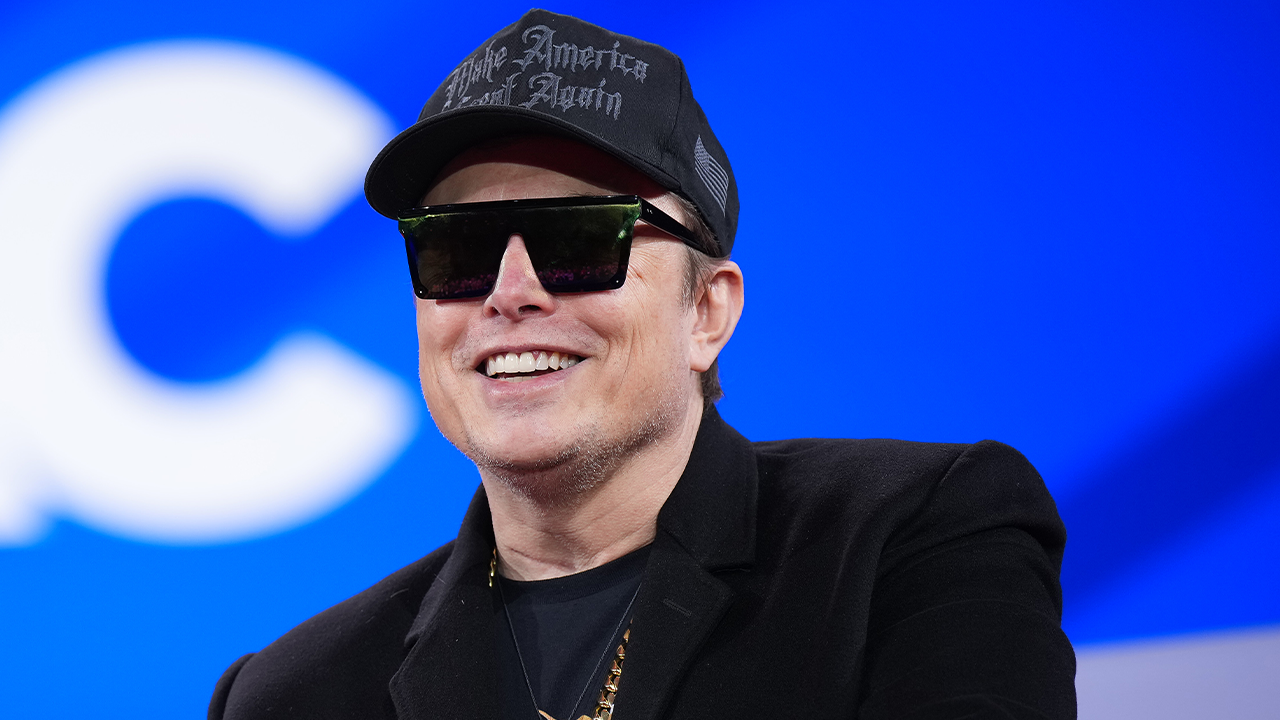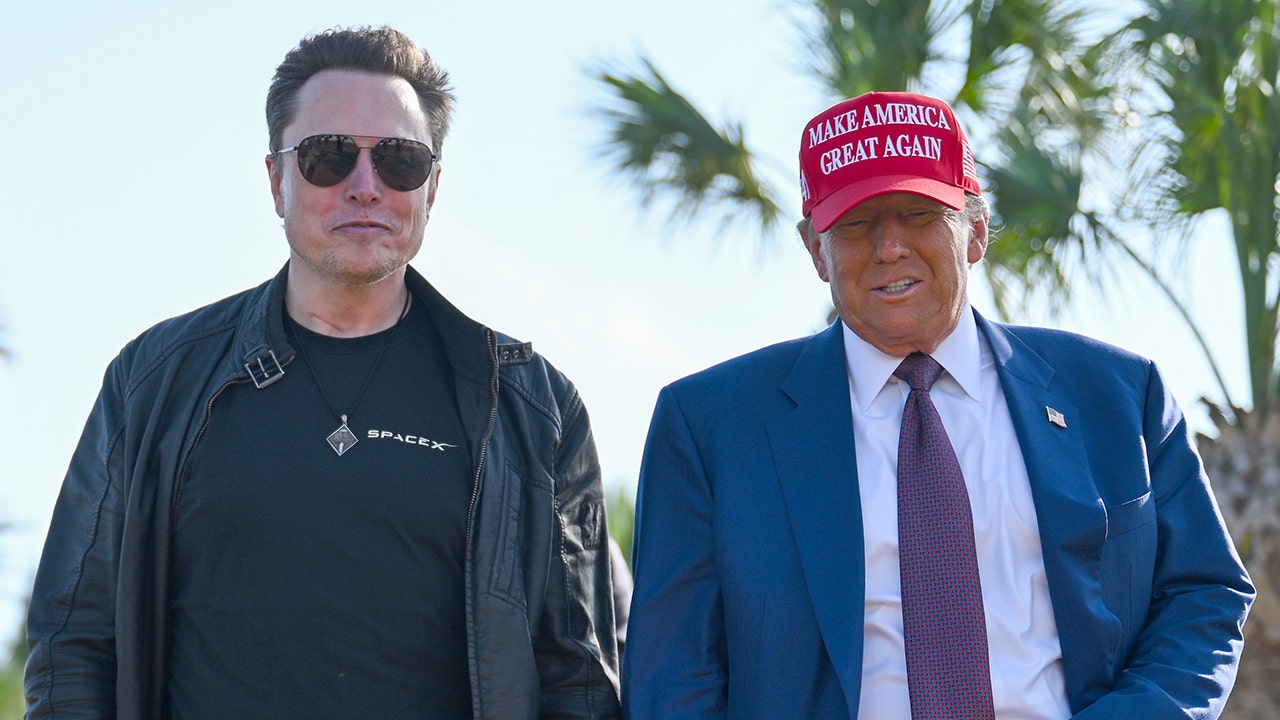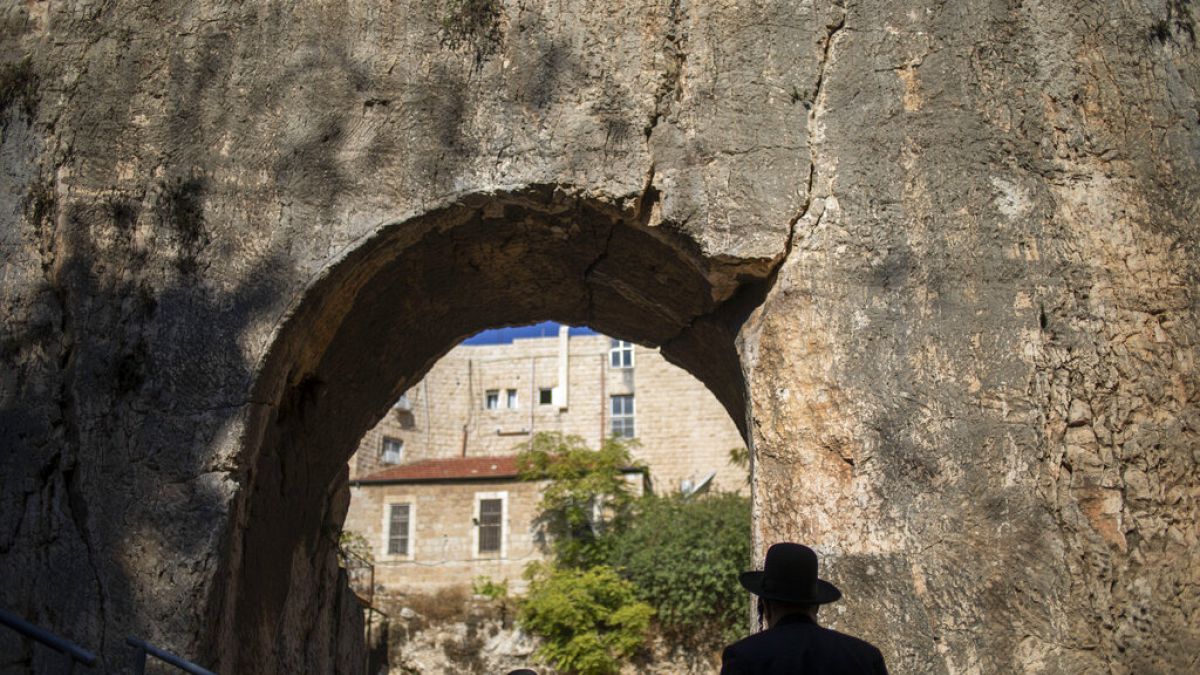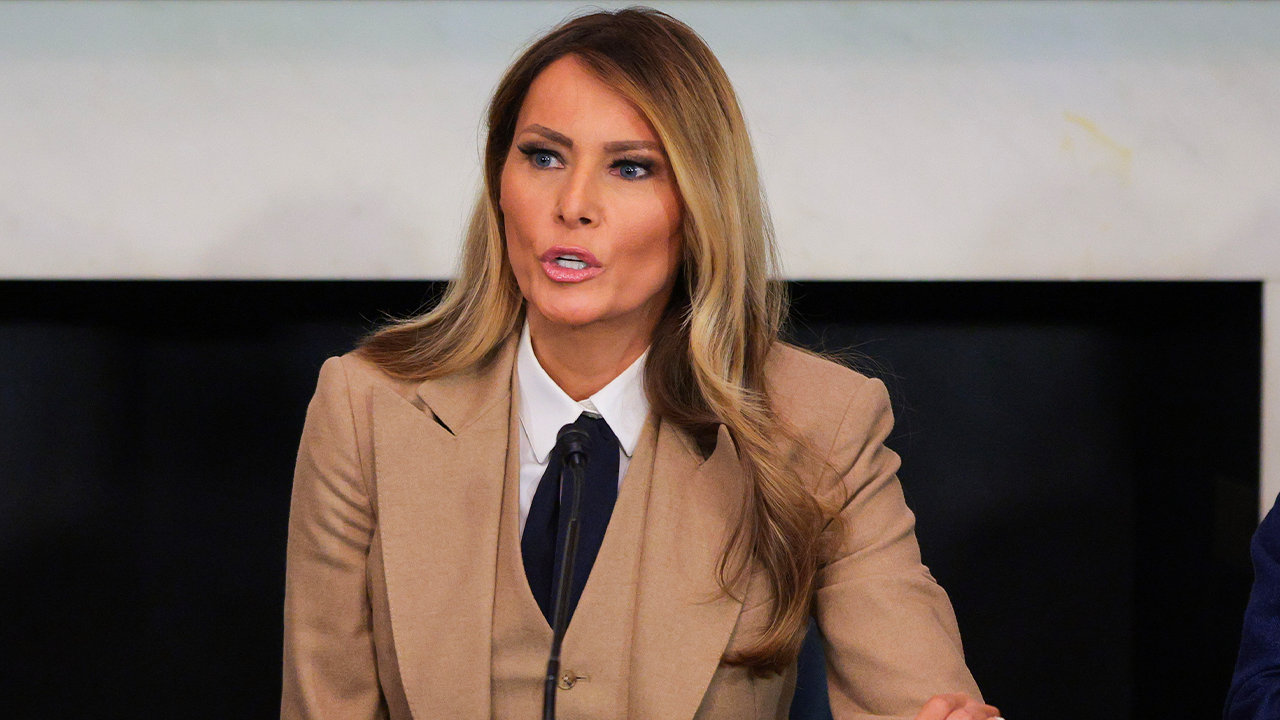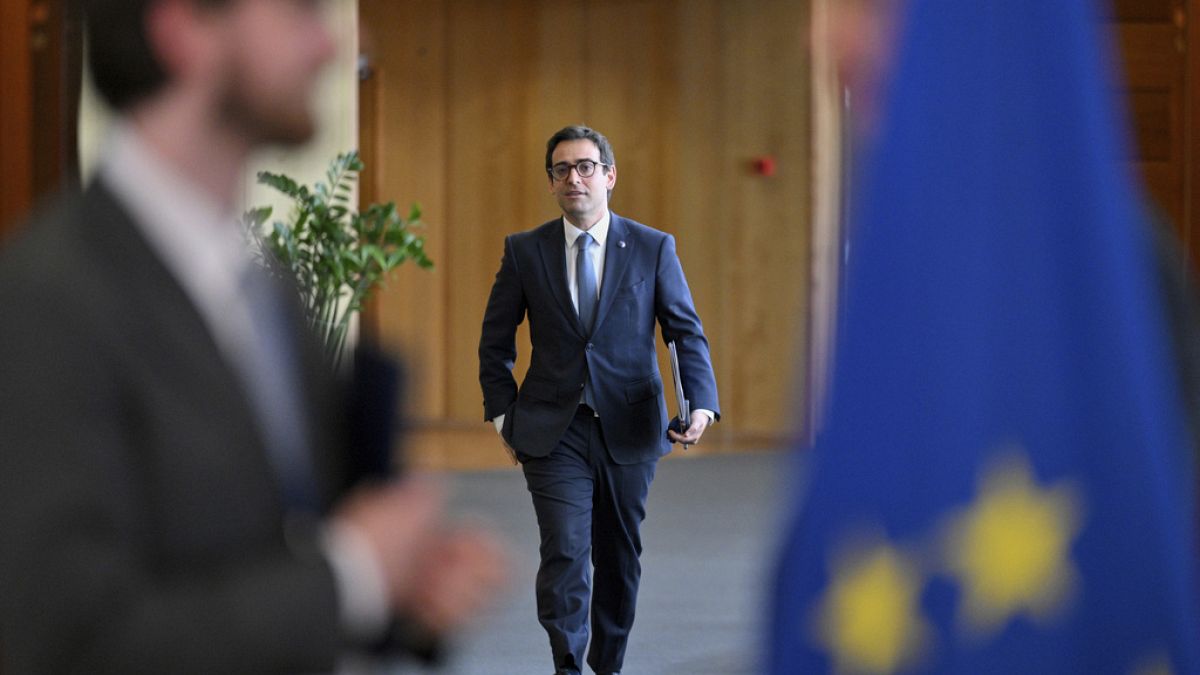US secretary of state Marco Rubio has said the Trump administration would “aggressively” revoke the visas of Chinese students, in its latest move to crack down on foreigners hoping to study in the US.
The move came a day after Rubio ordered US embassies across the world to stop scheduling interviews for new student visas, as the administration tightens the screening of applicants’ social media activities.
Rubio said in a statement that the state department would work with the Department of Homeland Security to “aggressively revoke visas for Chinese students, including those with connections to the Chinese Communist party or studying in critical fields”.
He said the US would also revise visa criteria to enhance scrutiny of all future visa applications from China and Hong Kong.
In the 2023-24 school year, nearly 280,000 international students were from China, making up more than a quarter of all foreign students in the US, according to the Institute of International Education. It was the second leading country of origin after India.
The new measures are part of a wide-ranging crackdown on international students that has sent a chill through American campuses and caused anguish for thousands already studying in the US who fear they will not be able to renew their visas.
The moves to restrict student visas are part of President Donald Trump’s broader assault on the US’s elite universities, which he accuses of failing to tackle antisemitism during large-scale pro-Palestinian protests after the start of Israel’s war in Gaza. The president’s critics have accused him of attacking free speech and academic freedom.
Yet the immigration curbs go far beyond students. Rubio also said on Wednesday that the Trump administration would also place new visa restrictions on foreign officials who he said had acted against US citizens over their posts on social media.
“Foreigners who work to undermine the rights of Americans should not enjoy the privilege of travelling to our country,” Rubio said in a statement posted to X. “Whether in Latin America, Europe, or elsewhere, the days of passive treatment for those who work to undermine the rights of Americans are over.”
It was not immediately clear which officials would be affected by the visa restrictions or how the policy changes would be implemented.
But Rubio said in a separate statement that in “some instances, foreign officials have taken flagrant censorship actions against US tech companies and US citizens and residents when they have no authority to do so”.
He added it was “unacceptable” for foreign officials to threaten to arrest US citizens or residents for their social media posts and for foreign officials to “demand that American tech platforms adopt global content moderation policies or engage in censorship activity that reaches beyond their authority and into the United States”.
“We will not tolerate encroachments upon American sovereignty, especially when such encroachments undermine the exercise of our fundamental right to free speech,” the secretary of state said.
Trump, vice-president JD Vance and Rubio have all criticised overseas leaders for what the administration sees as infringements of free speech, including online.
Republican lawmakers, including Jim Jordan, chair of the House judiciary committee, have also attacked foreign lawmakers for their regulation of social media platforms and online content, including the EU’s Digital Services Act and the UK’s Online Safety Act.
Vance stunned attendees at February’s Munich Security Conference when he accused European and UK leaders of suppressing speech and said the continent’s “threat from within” was graver than that posed by Russia and China.
More recently, Rubio said there was a “great possibility” of sanctions against Brazilian supreme court justice Alexandre de Moraes, who has led a crackdown against online disinformation in the country and made headlines last year after clashing with Trump ally Elon Musk.
The billionaire called Moraes a “dictator” but ultimately backed down and complied with his rulings that blocked users found to be spreading election disinformation after X, his social media platform, was banned for a month in Brazil.
Musk has also hit out at the UK government for its policing of offensive speech in the wake of far-right riots across the country last August, comparing the country to the Soviet Union.
Europe has taken a tougher approach to regulating digital platforms than the US. The Digital Services Act compels large social media companies and web platforms operating in the region to make efforts to combat misinformation and hate speech.
The UK’s Online Safety Act creates similar sweeping powers for media regulator Ofcom to punish tech giants for failing to police illegal content, such as hate speech and incitement to violence.



